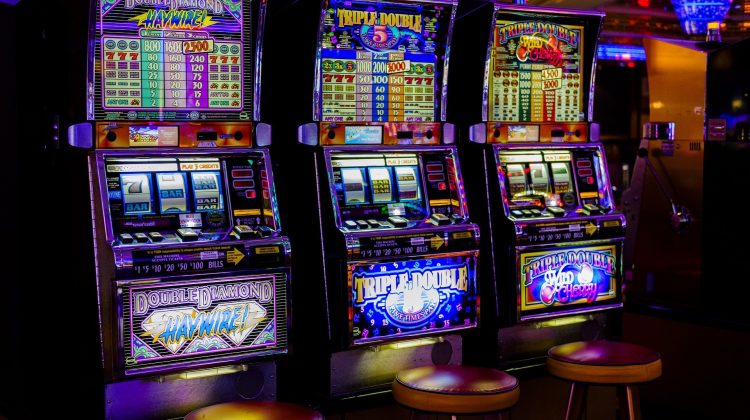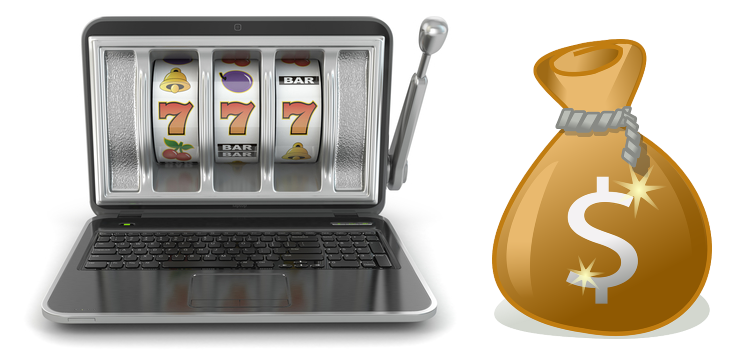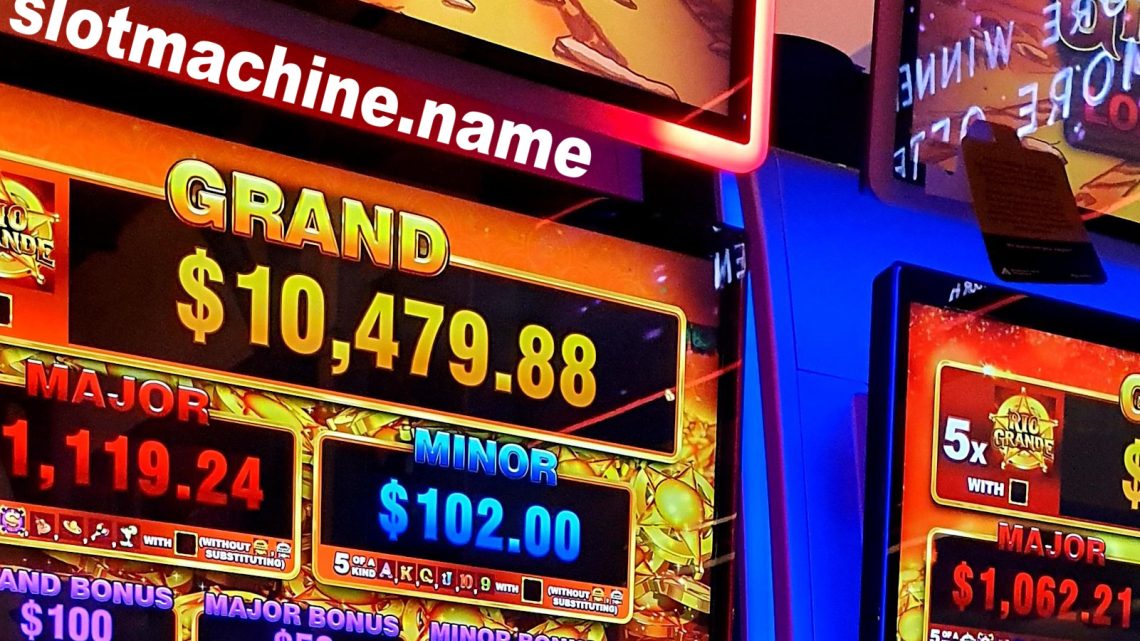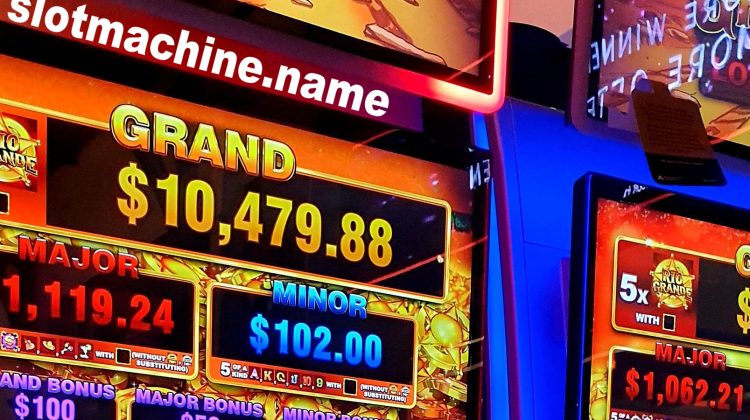The Texas Capitol stretches high, right in the middle of downtown Austin. Majestically poised at the foot of Congress Avenue, visible on a northbound trek down the busy street from even miles away, the Texas Capitol stands even taller than that of the entire U.S. It’s proof positive that the saying that “everything is bigger in Texas” is more than just a saying.
I received word last week of some goings-on within that building, scheduled to culminate with a hearing on proposed bill HB-3186. On April 3, a gathering of professional players, lobbyists, and even mere players would stand before the Texas Committee on Licensing and Administrative Procedures, showing their support for a bill that, if passed, would legalize and regulate poker in the state of Texas.
That’s not to say the game of Texas Hold’em is, at present, completely illegal. It’s legal to a point, but only insofar as it must be played in one’s home, no one may be cheating, and the game may not be raked. For that matter, no one may profit off of the game but the players themselves, and only then from their winnings.
This means that, at present, a poker home game in Texas can have a professional dealer, but that dealer may not be paid or tipped. Nor can there be any money taken out of the pots for any reason, not even to pay for a pizza. If signed into law, HB-3186 would change all of that.
The bill proposes that Texas Hold’em is legalized and regulated, allowing for poker tables to go up in certain bars and racetracks across the state. 50% of the tax earnings from the games would go to programs designed to help the homeless, with other money going to similar programs and to veterans and senior citizens.
Lyle Berman, professional poker player and Chairman of the Board for the World Poker Tour, appeared before the committee to show his support for the bill. Why? Seems as though if poker became completely legal within the state – that is, if card rooms became a real above-the-table venture – in the state of Texas, the state would be a potential venue for the World Poker Tour.
“If poker were legal in Texas,” said Berman. “It would be a great stop for the World Poker Tour events, which create a large amount of associated economic activity.”
This proposed bill comes in the wake of a recent crackdown on illegal poker games all across the state by both the Texas Department of Public Safety (state police), and by local law enforcement officials.
Austin Poker Club (APC) was perhaps the first high-profile bust, opening its doors in late 2002. APC was open only a few months before being shut down by the DPS in 2003. Another Austin club opened its doors soon after, only to experience the same plight.
Dallas Police have busted a number of long-running games in the Dallas/Fort Worth area recently, even going so far as to feature one of them and the investigation that led to it on the television show, “Dallas S.W.A.T.”
With tensions running high, this bill seeks to put an end to all of that, by making operations such as these completely legal. There would be restrictions, however, requiring operators to obtain a license and face penalties if they engage in dishonest operations.
More than sixty people showed up at the hearing to voice their support for HB-3186, and that number may have been decidedly larger if the hearing’s start-time had not been pushed back more than six hours beyond what had originally been expected. On the other hand, only two individuals appeared to volunteer their opposition, and of those only one spoke before the panel.
Rob Kohler, representing the Christian Life Commission of the Baptist General Convention of Texas, stood before the committee in protest. Christian organizations have long opposed any legislation that would legalize gambling of any nature in Texas, and they will undoubtedly present some of the strongest opposition to this bill.
“What I’d like to bring to the attention of the committee,” said Kohler. “Is that there may be an element of skill, certainly. [But] whether you’re dealt an ace or a two is determined solely on chance. And, as such, we feel any type of bill to introduce this type of game to the state would require a constitutional amendment.”
Kohler’s argument was a point of contention at the hearing, as numerous people speaking in favor of the bill argued that poker was not a game based purely on chance. Among them was 28-year old Texas police officer, Chris Jones.
“There’s a lot of policemen playing poker out there,” Chris pointed out. “It is not a game of chance. The best hand does not always win.”
Erick Lindgren, World Poker Tour title-holder and one of the most successful professional poker players of all time, was scheduled to appear but was unable to do so do to last minute obligations. Fellow professional poker player, Clonie Gowen, however, did take the stand to voice her full support of the legislation.
“As a professional poker player I made over $500,000 last year playing poker,” said Gowen to a committee that seemed surprised to hear such a large number. “We just really want [poker] controlled and regulated, so that everyone, like myself – I’m a mother of two children – could have a safe environment to be able to play poker.”
Her comments ring true for a lot of poker players in Texas, seeing as there have been numerous instances in the past few years in which underground games robbed, sometimes at gunpoint. At least one game in Austin features a “security guard,” complete with a gun strapped to his hip at all times. It’s these kinds of situations, and the ticking time bomb they create, that the bill is partly aimed at remedying.
Even if bill HB-3186 is approved by the committee, it still has a long way to go. This is but the first in a long series of battles to take place before the bill ever even reaches the senate floor.
Michael Bolecerek is President of the Poker Players Alliance, a group that voices its support for the bill and the Texas Poker Political Action Committee that presented it. When asked what the chances were of this bill passing into law, Bolecerek simply smiled and said: “I’m not sure. But it’s a great start.”
http://www.pokerpages.com
By Justin West
Justin West is Assistant Editor and a lead author for PokerPages.com. Having played poker since the age of 17, Justin spent more than a year earning a living on the green felt; a modest living, to be sure, but a living nonetheless. His aim was at one point to win the WSOP main event, thus causing Hell to freeze over. However, given his penchant for sin and his extreme dislike of cold weather, Justin has put that dream to rest.











No Comment